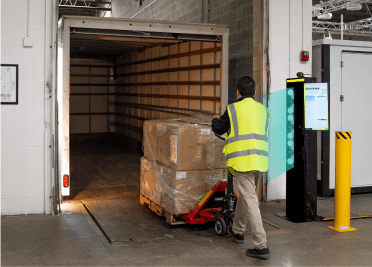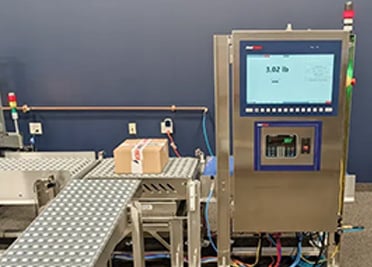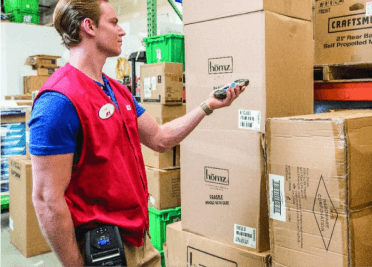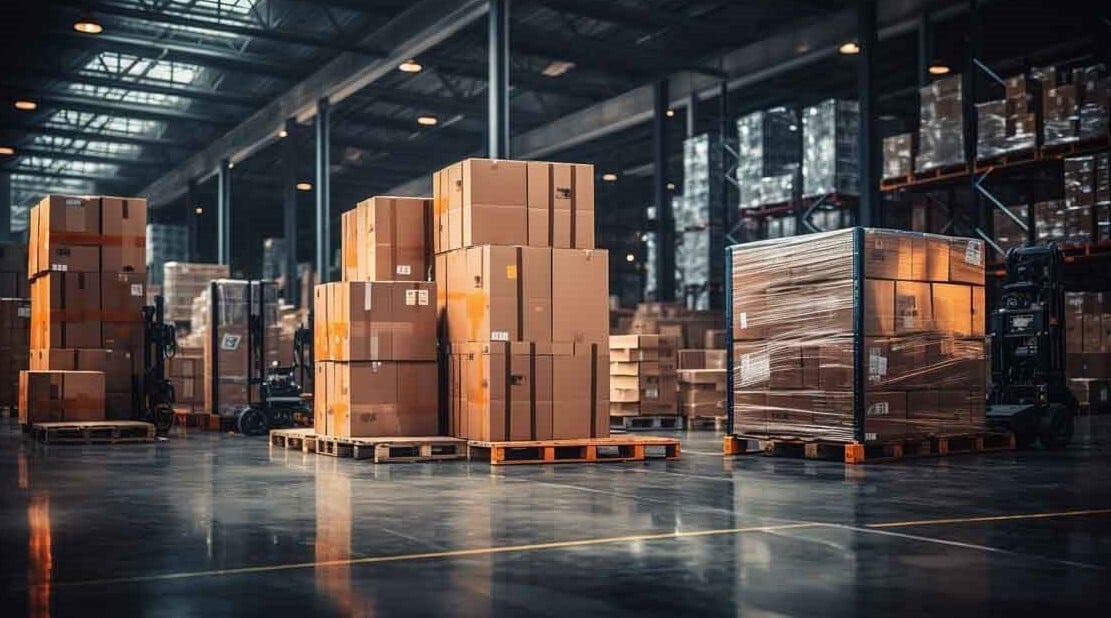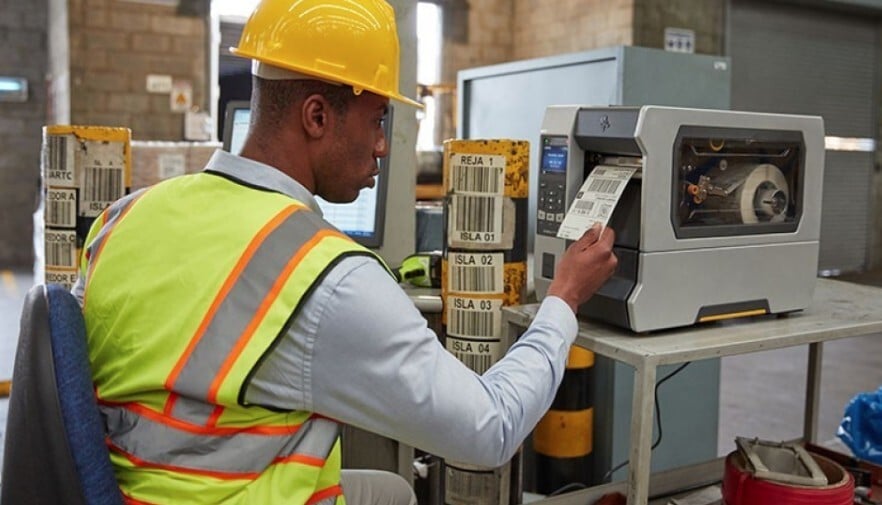You’ve decided that you want to go with a thermal transfer printer to make the labels for your company, great! Have you given any thought to what kind of labels and ribbons you’re going to need?
Oftentimes, the labels needed by fast-paced, successful companies will be many and varied. Not every item in your warehouse or factory is like a shipped package, where a simple slap-on sticker label will do just fine. Your products may be subjected to conditions that would just rip that sucker right off minutes later!
So what are your choices?
Thermal transfer printers use ribbons to print, much like typewriters do, and the three most common categories of ribbons are:
- Wax – These are used for common paper stocks that will be seeing little to moderate use. Think of that shipping label from above.
- Wax/Resin – Now we’re talking about some protection from the elements and abuse. When used with proper papers, can stand up to even extreme levels of chemical exposure and serious handling/fumbling/scraping.
- Resin – This is The Hulk of thermal printing, and you don’t even have to make it angry! These ribbons are meant to take it all, from harsh chemicals, to ultraviolet light, even excessive abrasions like you might find on an assembly or picking line.
- You might be thinking “Shouldn’t I just pick the resin then, since it can stand up to pretty much anything?”. The answer to that is “Not necessarily.”, because you’re going to need to think about what it is that you need your labels to do. Picking the most powerful printer ribbon may not be the best for you in a practical sense, as well as a financial one.
Some factors that may help you decide which is best for you and your company:
- Do you play with chemicals? – Are these labels going to be exposed to some heavy chemicals? Window cleaners and water can wipe a label out easily enough, but they’re light as a breeze compared to oil or acetone. Do your employees use these kinds of things in their daily work?
- What are you labeling? – This one seems like it would be a no-brainer, but you’d be surprised at how many people (with poor planning skills) end up trying to slap a 2”x3” label on a part that is only 1.5”x2”. Is it round or square?
- What are your items made out of? – Every 5-year-old with a sticker book will quickly show you that not all surfaces are equal when it comes to getting things stuck to them (and getting them unstuck later). Choose the wrong label paper and you might find the label staying near-· permanently affixed to the warehouse’s plastic tubs but immediately falling off of the wooden shipping crates. What materials are you going to be affixing the labels to?
- The Elements – A label might stay in perfect quality for decades while identifying an item in the cool, climate-controlled warehouse but that same label might curl up and fall off two days later if you stuck it outside on a pallet for a while. Think about where your labels are going. Is it indoor or outdoor? Is it going to be sitting pretty at 72° for the entirety of its lifespan or scorching away in a tropical sauna?
- How long do they need to last? – For fast moving products, perhaps a simple label will do, only having to last the few months from the point of shipping to the point of sale. There may be some products that need a label that will last, however, and you need to identify which ones are going to require archival quality synthetic labels. How many horror movies have started out with an unlabeled barrel of goo being discovered by employees in a long-forgotten storeroom? If those companies had thought ahead about their labeling needs, the fictional world would have a lot less zombies/monsters/lagoon creatures running around.
As always, choosing the right tool for the job the first time can save you and your company a ton of financial strain and frustration. It can be a lot to take in when trying to make the correct decision, but you don’t have to make that call all by yourself! Contact AbeTech today and let us help you figure out what your labeling needs are so that you can pick the right tool the first time.
